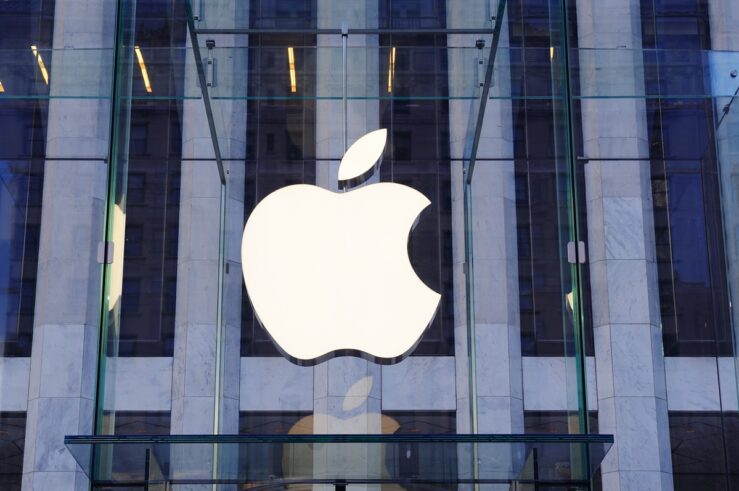In my last post I claimed that there is a no “free market economics orthodoxy” amongst antitrust economists or those working in the field of law and economics. In response to the post, an anonymous TOTM reader emails the following related, and probably more interesting, questions: “is there a free market orthodoxy amongst (1) legal commentators and (2) the Supreme Court?”
My answer to the first queston is “no.” There are a wide range of publication outlets for legal scholars in antitrust: general student-edited law reviews, the Antitrust Law Journal, Journal of Law and Economics, Competition Policy International, the Antitrust Bulletin, and others. It has been my experience that antitrust commentators publishing in these and other outlets are not predominantly “free market” types. These journals include doctrinal scholars, “Chicago School” oriented commentators, as well as those influenced heavily by Post-Chicago game theoretic models, and behavioral economics (though to a lesser extent thus far).
The second question, I think, is much more difficult to answer. As a general matter, I think most antitrust scholars would like to see the Supreme Court engage more seriously with the economic literature. It is important to distinguish what I mean here by engaging more seriously with the economics. This does not mean that every case should involve a full-blown rule of reason analysis characterized by long and drawn out discovery and a battle of the experts. To the contrary, seriously engaging the economic literature might justify the application of per se rules when considering both (1) the probability that the conduct at issue is anticompetitive based upon the evidence; and (2) accounting for error and administrative costs. This is simply to make the point that “more serious economic analysis” might quite logically involve presumptions that markets do or do not work based on theory and evidence.
But none of that really gets to the heart of the matter. I take a shot at answering the question below the fold.
A few recent SCOTUS decisions suggest that there exists at least some signs of willingness to take the economics literature seriously. For example, Leegin, Weyerhauser, and Independent Ink each make some effort to reconcile obsolete or economically incoherent doctrine with modern economic consensus. I do not mean that I endorse the economic analysis in each of these cases. In fact I’ve offered some criticism of both the Leegin dissent, which attracted four votes, for its incoherent economic analysis and failure to grapple with the theoretical and empirical RPM literature. I have also criticized the Court’s approach in Independent Ink on the grounds that I believe the decision, while consistent with modern economic theory and empirical evidence on the relationship between patents and antitrust market power, should have gone further to eliminate any inference in antitrust analysis that price discrimination implies the power to control market prices. But do these cases demonstrate a “free market orthodoxy” or even commitment to more rigorous economic analysis of any type?
My tentative answers: no and yes. I sense that the term “free market orthodoxy” is meant to be somewhat perjorative, e.g. turning a blind eye to persuasive theory and evidence that markets do not work in favor of knee-jerk assumptions that conduct is pro-competitive. Or to frame the question more fairly: does the SCOTUS rely on “faith” that markets work in the face of evidence that they do not in the antitrust context? I don’t think so. There is plenty of evidence that markets work and that most conduct at issue in antitrust cases (e.g., exclusive dealing contracts or tying arrangements) are far more frequently efficient than anticompetitive. Of course, there are also individual instances of conduct and mergers that harm competition. But I don’t think many economists, based on the current state of theory and evidence, believe that these instances are the rule rather than the exception.
If this is true, the more important question is not whether the SCOTUS has adopted a “free market orthodoxy” but exactly how strong should the presumption be that markets do work, that conduct is likely to be pro-competitive, etc.? How much evidence should be required to overcome that presumption and hold firms liable under the antitrust laws? Of course, other considerations come into play in answering these questions in a significant way. For example, the notion that false convictions are more costly to consumer welfare than false acquittals supports a presumption in favor of antitrust defendants regardless of the Court’s economic perspective (if it has one).
Bottom line: it isn’t orthodoxy if it is supported by theory and evidence, is it? To be sure, there are certainly cases that don’t make economic sense because the Court accepts economic justifications without rigorous analysis. Equally, there are cases that accept anticompetitive theories without rigorous analysis to ensure that the necessary conditions of those theories are satisfied. There is plenty of variance across the different areas of antitrust jurisprudence concerning the strength of the presumption granted to the proposition that the challenged conduct is efficient. I could even be convinced that the SCOTUS does exhibit such an orthodoxy in certain areas. A blog post is not the place to survey each area. But at the end of the day, decisions like Leegin which rely on the state of the empirical evidence and theory suggest to me that antitrust Roberts’ Court will attempt to get engage the economic literature in at least a quasi-serious fashion. Recent cases also support the view that plaintiffs will have to produce evidence of competitive harm to win.
In my view, the current state of theory and evidence in economics, as well as consideration of error costs, supports such a presumption without any need for reliance on orthodoxy. If the presumption is to be labeled the result of a “free market orthodoxy,” I think the burden is on those doing the labeling to produce evidence that the SCOTUS has ignored persuasive evidence of anticompetitive conduct in lieu of a presumption based upon “faith” in the market.




